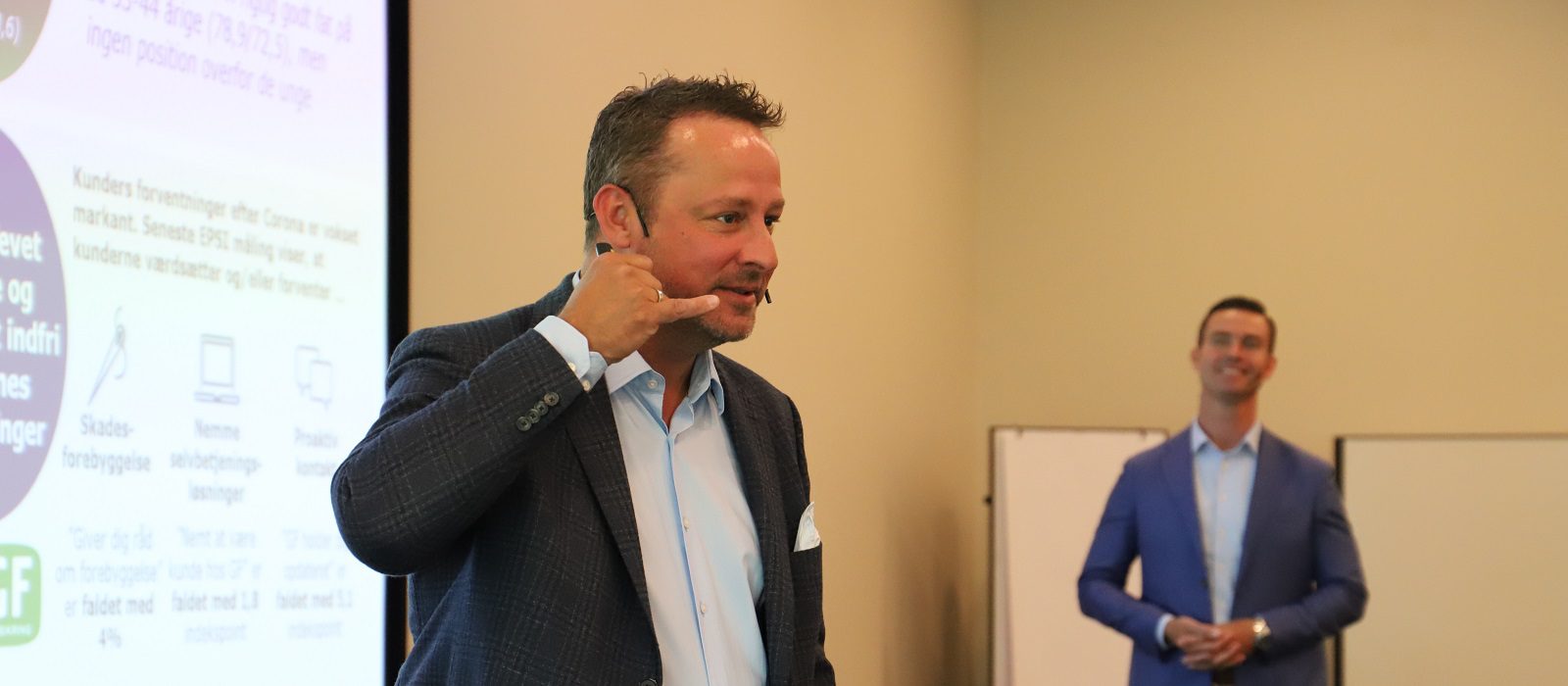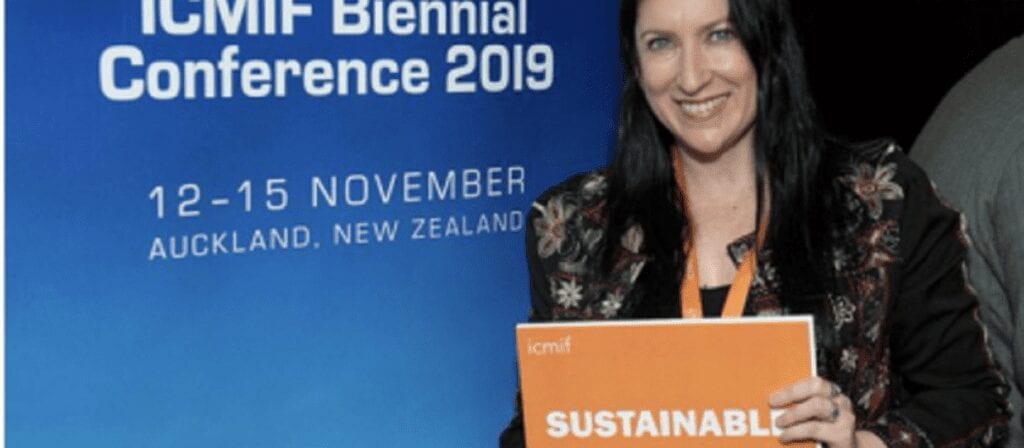I have worked on and overseen the production of 16 sustainability reports for Sancor Seguros and, over the years, I have witnessed how these have reinforced the organisation’s commitment to sustainable development and greater transparency along the way.
With hindsight, I am now convinced sustainability means identifying and managing social, economic, financial, and environmental risks.
For us, the process is ongoing, starting at the end of each financial year, it gives us a kick-start to initiate the process again.
Each new process starts with a benchmark or an analysis of the current economic, social, and environmental risks. For this, we generally start with the annual World Economic Forum’s Global Risks Report, considering the risks in the short, medium and long-term, all having a lot to do with environmental, social, economic and geopolitical issues.
We systematically assess the company’s material issues against this report and other sources of information, such as dialogue results; self-assessments; and new trends amongst others. Many of these material issues are current management issues and others are aspirational. These will be addressed according to the risks and impacts we see in the long or short-term.
The value is created based on the identification of these risks and the action plans that are taken to address them in a sustainable manner. Managing the risks this way also ensures you are not violating any of the universal human rights associated with these risks.
Therefore, we believe in associating sustainability with risk management, to provide timely responses even in times of crisis. In other words, sustainability management operates as risk management for the company.
The last Sancor Seguros Sustainability Report, corresponding to the organisation’s 2020-2021 accounting year, not only covers all information on economic, social, and environmental performance, achievements and challenges but also includes expanded data on some topics that are reported in compliance with international standards.
Sancor Seguros has taken 2021 as the starting point for its commitments towards the “Decade of Action”
Since 2015 and the launch of the 2030 Agenda for Sustainable Development, it was clear that many of the 17 Sustainable Development Goals (SDGs) wouldn’t be achieved on time, so the United Nations mobilised governments, civil society, and businesses to accelerate the pace for their fulfilment, calling it the Decade of Action, Ten years to transform our world.
It is therefore easy to understand why our last Sustainability Report focusses on Goal 17, Partnership for the Goals, which is highlighted throughout the document.
It is clear to us now that the Goals won’t be achieved by one company alone, that is why partnerships are so important. For example, many of the Goals relate to the public sector, with governments, sometimes even with other organisations. That is why each chapter of our Sustainability Report highlights our alliances with other actors.
Do alliances mean operational changes?
One thing is certain: partnerships require a lot of effort. This year, Sancor Seguros has added several new projects and partnerships, like the one with the Swiss Re Institute which ICMIF is facilitating.
Sancor Seguros and ICMIF members Cooperators (Canada) and P&V Group (Belgium) were the first ICMIF members to take part in the first phase of the calibration of the ICMIF SDG Calculator. The tool is based on Swiss Re Institute’s Insurance SDG Calculator, a tool to measure sustainability impact against the insurance SDGs. For us, it meant setting up a team with colleagues from different parts of the business that regularly met online with Swiss Re Institute’s specialists under the lead of Alicia Montoya, Head of Research Commercialisation.
I strongly believe the ICMIF SDG Calculator will help mutual and cooperative insurers advance their sustainability efforts and am looking forward to its launch at the ICMIF Centenary Conference which takes place from 25 to 28 October 2022 in Rome (Italy).
Betina is responsible for sustainability at ICMIF member Sancor Seguros, based in Sunchales (Argentina). Since 2020, Betina has chaired the Sustainability Working Group for ICMIF’s Latin American members and she has also been a member of the ICMIF Intelligence Committee since 2017. Betina will participate in the “Sustainability as a strategic differentiator for mutual cooperative insurers” at the ICMIF Centenary Conference in October 2022.






